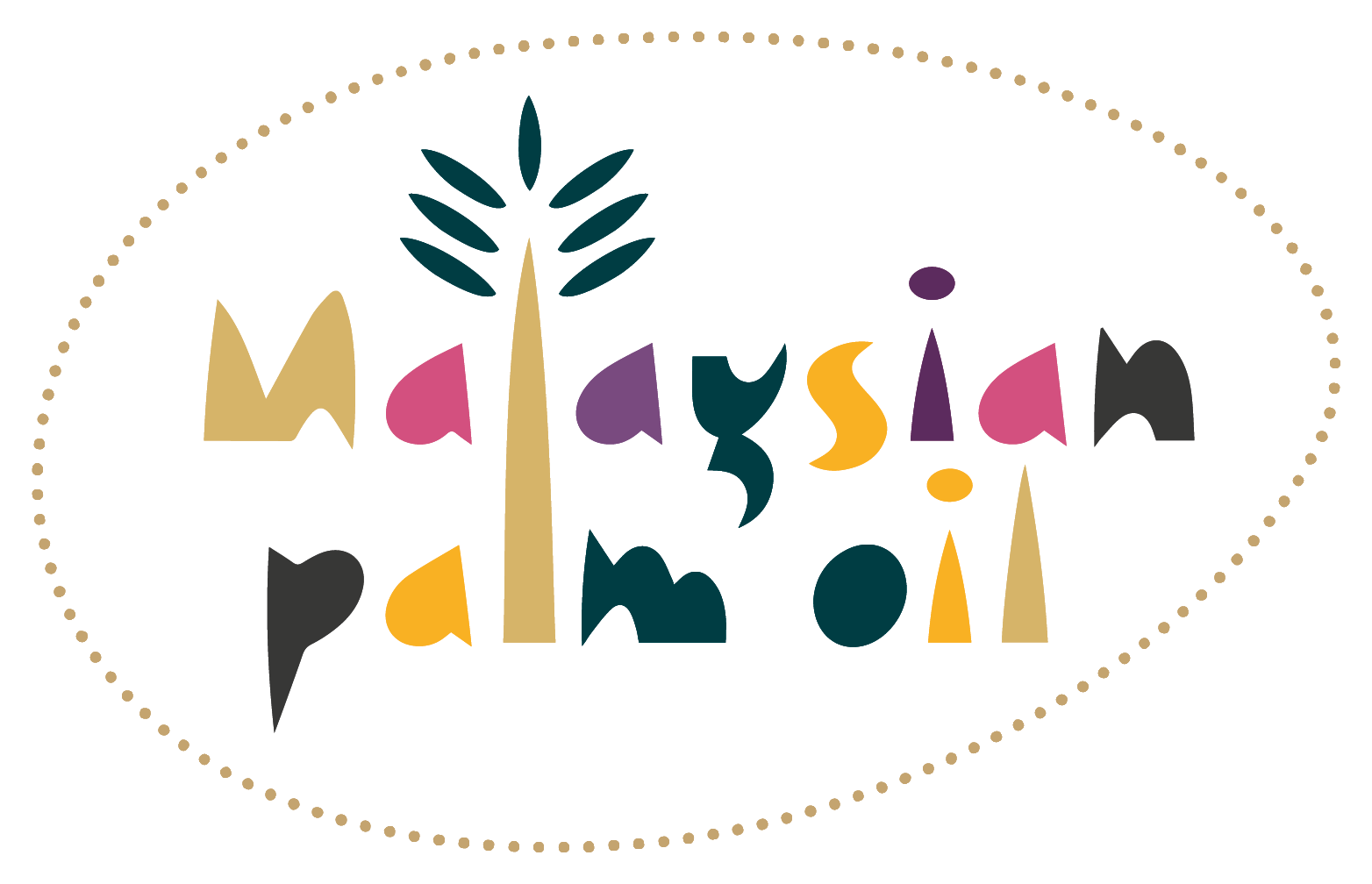The last 5 years of EU environmental policymaking were busy, controversial, and very significant for Malaysian palm oil exporters, often in a negative sense. What will the next 5 years hold, as Brussels tries to balance anger from its trading partners with domestic pressure for Green targets?
Overseeing the next five years will be three new EU Commissioners â who will lead EU policymaking on environmental issues, including palm oil regulation. They have now been nominated and are expected to be confirmed by the EU Parliament in November.
Jessika Roswall (Sweden), Teresa Ribera Rodriguez (Spain) and Wopke Hoekstra (Netherlands) will share an overlapping set of portfolios on climate targets, environmental regulation, implementation of the Green Deal and other related policy issues.
To understand what this could mean for Malaysia, itâs important first to understand the state of play. The past five years has seen the EUâs most ambitious, and most interventionist, Green regulations ever. The âGreen Dealâ has been expensive, politically challenging, and very controversial amongst the EUâs trading partners. In particular the EU Deforestation Regulation (EUDR) led to pushback from Malaysia and many other producing nations because of its costs and its negative impact on small farmers.
During the EUDR legislative process, which started in 2022, MPOC engaged directly and firmly in defence of Malaysiaâs core interests. Proposals were put forth in the EU Parliament to set the cut-off date for EUDR back to 2015, or even earlier. Such a decision would have seriously harmed Malaysian palm oil and undermined global trade. Malaysia highlighted these problems both privately and publicly, and the proposals were dropped. Similarly, MPOC has engaged directly for over 2 years around the issue of âhigh riskâ classifications and how this could be used as unjustified protectionism. The EU accepted the criticism. The EU Commission first delayed the plans, and has since published a fairer and less draconian set of principles. Malaysia clearly deserves to be classified as âlow riskâ.
Malaysian palm oil producers can meet EUDR requirements. Of that there is no doubt. MSPO provides a mandatory certification standard, including traceability, and both the Malaysian government and industry are committed to zero deforestation. A recent assessment from the European certification auditor Pierre Bois dâEnghien found that MSPO meets the EUDR requirements.
However, that does not disguise some of the problems with EUDR that have been identified by Malaysia, by other trading partners, and also by many leaders inside the EU itself.
As the EUâs next five year term begins, what lessons can the new EU Environment Commissioners learn from the experience of the past five years? And is it likely that these lessons will translate into EU policymaking?
The first expectation is that the EU should focus on more achievable aims, such as implementation â rather then expanding existing protectionist non-tariff barriers. This seems to be likely. The instructions provided to the new Commissioners, by President Ursula von der Leyen, include a focus on implementing existing rules and making them work better.
The second, and more important, expectation is for the EU to be more proactive at engaging with partners like Malaysia when it comes to sustainability. Malaysia and Europe can, and should, be partners â Malaysiaâs track record as a leader in reducing deforestation is well-recognised by experts at the World Bank, UN FAO, Global Forest Watch, and others. The partnership has not happened because Brussels has preferred recently to take a unilateral approach. In a recent announcement, the EU Commission claimed that it will step up such engagement in the coming years. This is welcome, but the promise means little on paper. It must be made real: that means proper consultation and engagement needs to happen before regulation is imposed on partner countries. The recent approach of setting up forums to discuss problems after the Regulation has been written, is not real engagement. This will be an issue to watch over the coming 5 years.
A broader interesting question to consider is whether or not the EUâs relevance and importance in the palm oil debate will increase or decrease in the coming years. Europe is not the only market for palm oil, and its market share is falling. Increasingly, Europe is also an outlier with outdated, and factually inaccurate, misconceptions about palm oilâs effect on the environment. Other major markets â including Japan and the United Kingdom, are already taking a different approach that recognises Malaysiaâs strong track record of forest protection and certification.
Nevertheless, the EU remains a global trendsetter on environmental regulation. The next five years will still see new regulations emanating from Brussels, with the potential to be copied in other markets. The âhigh/low riskâ classification will be released in 2025; reviews and additions to EUDR will take place periodically; the deadlines and targets for the Renewable Energy Directive (RED) may also be updated. MPOC has seen a successful five years of progress on innovation, sustainability, and certification. It has also seen a successful five years of defending Malaysiaâs core interests, and our small farmers. The next five years will need the same commitment.
